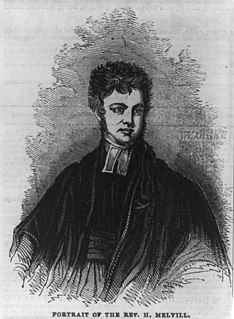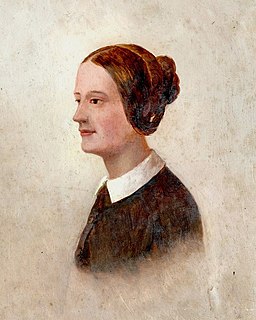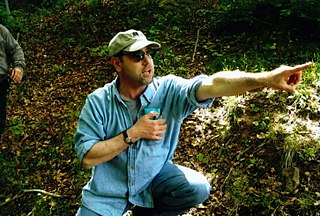A Quote by Aristotle
Pleasure causes us to do base actions and pain causes us to abstain from doing noble actions.
Related Quotes
But who can foresee such things? None of us can predict the final outcomes of our actions, and few of us even try; most of us just do what we do to prolong a moment's pleasure or to stop the pain. And even when we act for the noblest reasons, the last link of the chain all too often drips with someone's blood.
In actions of enthusiasm, this drawback appears: but in those lower activities, which have no higher aim than to make us more comfortable and more cowardly, in actions of cunning, actions that steal and lie, actions that divorce the speculative from the practical faculty, and put a ban on reason and sentiment, there is nothing else but drawback and negation.
I also believe that few people remain completely untouched by the thought that instead of the life they lead there might also be another, where all actions proceed from a very personal state of excitement. Where actions have meanings, not just causes. And where a person, to use a trivial word, is happy, and not just nervously tormenting himself.








































